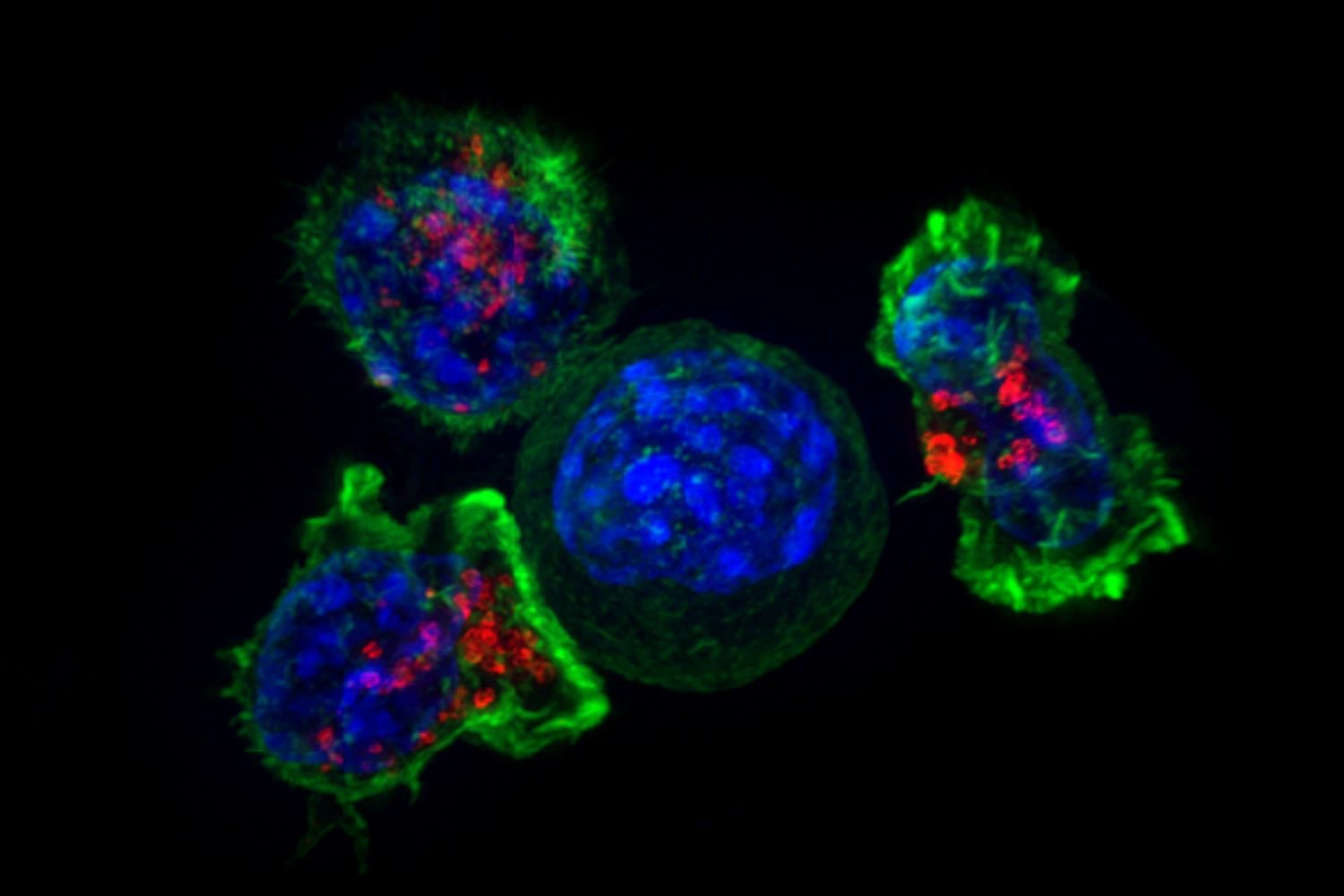drought This is nothing more than a force pushing the first of a series of dominoes that will gradually fall one after another. If there is a drought, there is not enough water. When there is no water, the fields cannot be irrigated. As a result, most crops dry up. There is also no grass for farm animals. There is very little food for the population. In addition, the lack of water does not allow for the maintenance of food safety enough to eat what little is left in your mouth. Sick people need to eat well, and where does that food come from? Donations from other, less-affected countries? That would be ideal, but that’s not what happened in Namibia, where the government decided to sacrifice more than 700 wild animals to make up for the drought-related food shortages.
Selected wild animals 83 elephants, 30 hippos, 60 buffalo, 50 impala, 100 blue wildebeest, 100 elands and 300 zebras.. They will be selected from overpopulated areas and “professional hunters” will slaughter them. This is a disturbing term, as it is impossible not to think of hunters, usually poachers, who will fill their homes with spoils of what appears to be a good deed for Namibian society.
In any case, it should be noted that the decision to hunt wild animals is not only due to the extraction of their meat. It is known that during periods of drought elephants They come much closer to populated areas in search of food and water. This can lead to accidents due to stomping or pushing. In addition, in the national parks where the hunt will take place, there will not be enough water for all the animals. Therefore, they intend to adapt the population to current resources.
Will drought benefit wildlife hunting?
The drought they are suffering in Namibia is the worst in history. So much so that they have decided to declare a state of emergency in the country. It is estimated that about half of the population is at serious risk of food insecurity. In addition, according to the UN, 84% of food supplies are depletedIt is logical that decisive measures must be taken.
They have already made a sacrifice. 157 animalsfrom which were obtained 57,000 kg of meat. Given this success, the Namibian government has no hesitation in continuing to do the same. Not only would it feed those who have nothing to eat, it would also help farmers and ranchers recover by controlling the populations of animals that sometimes compete with them for the few resources left after a drought.
On paper, this all sounds great. But will it really do any good? Many of these animals are endangered at various levels. Namibia has a fairly good handle on its wildlife population. But despite this, there are still many poachers. The illegal hunting of rhinoceroses stands out, as well as other listed animals such as elephants. For this reason, many opponents of the measure fear that it will embolden these hunters. It is true that the number of animals they will be able to hunt has been carefully measured, but many could try to take advantage of the situation.
What can be done?
Namibia is one of the driest countries in Africa. In fact, this is not the first time in the last decade that the country has declared a drought emergency. It has already done so in the seasons from 2013 to 2014, from 2015 to 2016 and from 2018 to 2019.. While the country often breaks records, other African countries are in a similar situation, especially given the severity with which they have been hit by El Niño this year.

For this reason, there are concerns that other countries may make the same decision to feed their populations when drought strikes. This would mean an increasing decline in the populations of wild animals in the jungle. But what is the alternative?
There is no simple answer. It is clear that international cooperation is key. But if it is not enough or does not happen in time, then it is quite normal for the hardest hit countries to decide to take drastic measures to prevent their families from starving to death. We did not expect this domino, but it fell like a stone, sowing fears of what is yet to come. Unfortunately, this is not the end.
Source: Hiper Textual













